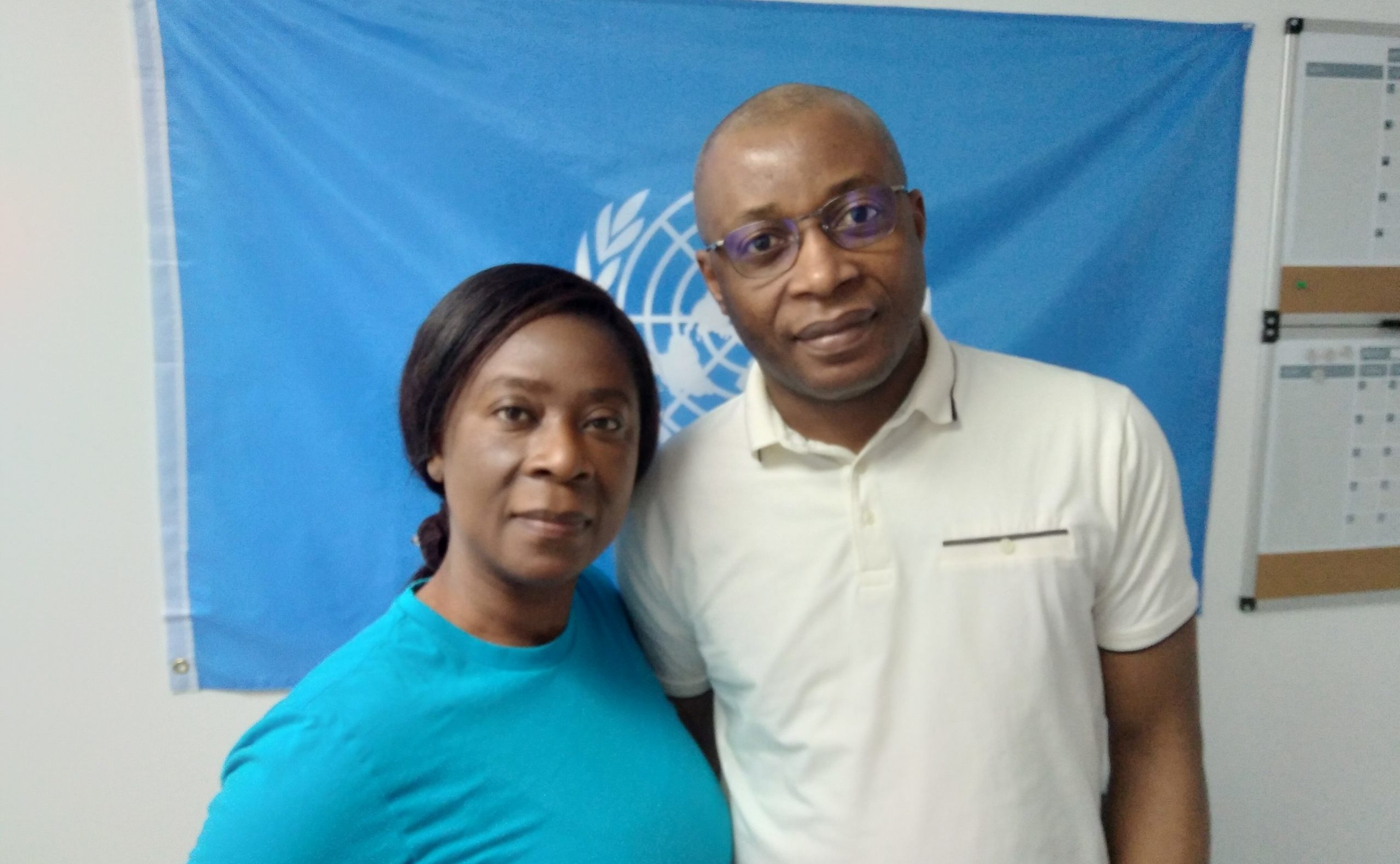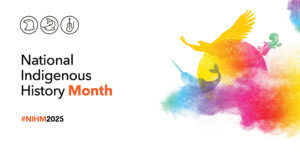Mentorship can be a game-changer in a person’s career journey, especially when navigating new opportunities or industries. Here, Edwige and Paul, a couple from West Africa that participated in Canada InfoNet, share their experience of being matched with a mentor who guided them through challenges, helped them build confidence, and supported their professional growth.
Introduction and Goal Setting before Arrival:
We, Edwige and Paul are originally from Côte d’Ivoire, West Africa, and arrived in Canada in 2021 as permanent residents.
Before arriving in Canada, we had set clear goals for ourselves:
- Be resilient to whatever difficulties we might encounter
- Study to align our knowledge with that of Canada
- Build a network of Canadians from different backgrounds
- Find jobs that meet our career goals
- And above all, to be law-abiding Canadians of the future
These goals have helped us to stay mentally strong, and to realize our full potential, leading us to secure various jobs in the government since our arrival.
The Role of Canada InfoNet in Our Integration:
Canada InfoNet has played an important role in our integration:
Firstly, by providing us with training on certain subjects that helped us understand how Canadian society works. What’s more, by providing us with an excellent mentor, Michèle.
We first heard about Canada InfoNet through an email from IRCC, which suggested resources like Canada InfoNet that could help us integrate into Canada.
The program was very beneficial for us:
It enabled us to learn about employment in Canada and to understand Canadian realities but above all, it gave us mentors to help us before our arrival. This was very useful, because we had no relatives or close friends in Canada.
In addition to employment advice, our mentor helped us to better understand how certain things work in Canada, such as how to take the bus or a cab, and how to shop. It was with her that we ate our first sandwich on the evening of our arrival- an act of kindness that touched us deeply.
Key Advice from Our Mentor:
Our mentor would talk to us regularly about a range of subjects. She would present different perspectives, allowing us to make informed choices.
- At all times, our mentor showed us that we had value, and that gave us confidence.
- She also told us that we had to dare, to go beyond our limits. While we are daring people, we were hesitant because we were new to this country. But these words gave us a boost and helped us to expand.
- She never imposed decisions on us but made it clear that we should never settle for less than what we deserved.
Job Search Tips for Other Newcomers
Tip 1: Do some volunteer work: Don’t hesitate to ask employers to do some volunteer work. This can help enhance your CV. Paul had seen a job posting on a recruitment site, and as the company was not far from his address, he went to the company and offered to volunteer for the position. His approach was very well received by the company, which decided to hire him rather than take him on as a volunteer.
Tip 2: On the job, you have to be resourceful in your quest to learn, and don’t be afraid to ask questions. It’s true that when you’re new to a country, you’re a little intimidated. But you have to overcome this fear and seek to learn either through training courses or by talking to other people.
Tip 3: Take part in job fairs, attend workshops or meetings organized by organizations, or go to any place where you can meet people. The more people you meet and keep in touch with, the more you expand your network, which can help you get a job.
Milestones and Successes
Moving to the regions was a successful strategy for us. We were in the city after a few occasional jobs. At one point, we noticed that we were getting more feedback from our applications. When we asked recruiters for feedback, we were told that there is increased competition in job applications.
So, we decided to leave our comfort zone and apply for jobs in the other communities, regardless of distance. That’s when we started interviewing again. Then came new jobs, no longer occasional but regular. We settled in. At present, in addition to being both employed, we have set up a non-profit organization for professional coaching and intercultural sharing (CEPPIC). Through this organization, we provide others with information, training and mental well-being. In this way, we contribute to a better way of living together.
We were lucky enough to connect with Canada InfoNet and our mentor Michèle, who helped our integration go so smoothly that in February 2025, we became new Canadians.
This journey is just one of the many success stories that highlight the power of mentorship. If you are approved for immigration, we encourage you to register with the Canada InfoNet program. Along with personalized employment support, you will be matched with a mentor in your occupation to help you achieve your career goals in Canada.




